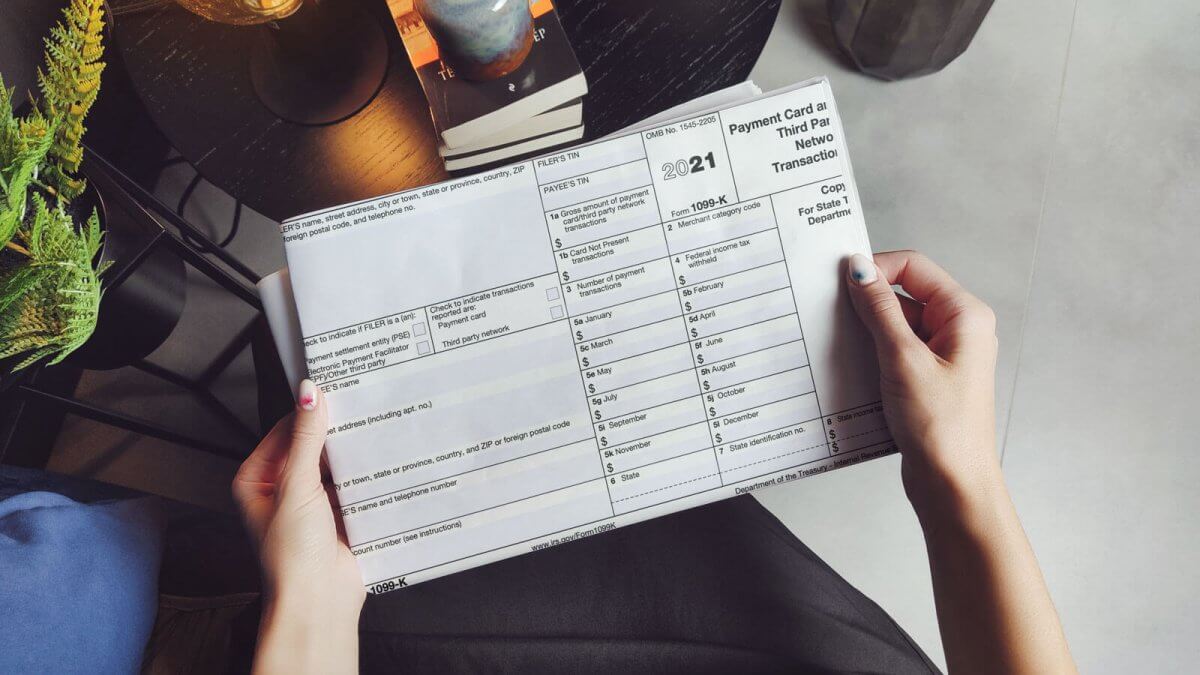Earlier today, the Internet Association filed an amicus
brief in support of the Patent Trade Office (PTO) in the Aqua Products case.
We were joined by a big tent coalition that includes tech companies whose
market cap exceeds $1 trillion. This same coalition filed an amicus brief (also
in support of the PTO) in the Cuozzo case
before the Supreme Court earlier this year. Both Aqua and Cuozzo
are cases that pivot on the need for improved patent quality in our patent
system, an issue that is near and dear to tech companies and innovators
everywhere. After all, it’s no secret that poor quality patents are the
patent troll’s weapon of choice.
Armed with the Congressional mandate given to it in the 2011
America Invents Act (AIA), the PTO has taken a careful, fair, and layered
approach to improving patent quality. In simple terms, under Director
Lee’s leadership, the agency has applied the “garbage in, garbage
out” or GIGO principle to patent quality. The GIGO principle recognizes
that patent quality is an issue both at the front end as well as the back
end of a patent’s life cycle. The PTO’s Enhanced Patent Quality Initiative
at the front end, and its successful Patent Trial And Appeal Board (PTAB)
inter partes review (IPR) proceedings at the back end, have played
important roles in ensuring quality in our patent system in recent years by
filtering out bad patents.
As Director Lee explained to the AIPLA in remarks delivered
last week, “[t]here is a cost to society when the USPTO issues
a patent that we should not issue, just as there is a cost to society when we
don’t issue a patent that should issue. And just as there is a cost to society
when there is a patent in the system that properly issued, but that may no
longer be valid due to changes in the case law. Recognizing this, we have
enhanced the quality of patents in our system, both before they leave our
office through our Enhanced Patent Quality Initiative … and after the
patents return to the office through our PTAB and other post grant review
proceedings (which double check the Office’s work and allow reconsideration in
light of evolving case law or newly discovered prior art).”
The brief we filed today focuses on making sure that the PTAB’s
IPR process remains as effective as it is fair. Specifically, our brief asks
the Federal Circuit to hold that the PTAB in a proceeding before it may
place the burden of persuasion on the patent holder to demonstrate the
patentability of proposed amended claims, and that the PTAB may sua sponte raise patentability
challenges to such claims. We believe that both rules promote the Congressional
intent behind the AIA directing the PTO to consider the effect of its rules on
“the economy” and “the integrity of the patent system.”
The
Internet Association commends Director Lee for recognizing the GIGO issue in
our patent system and will continue to support her office’s efforts to improve
patent quality in a fair and equitable way that benefits all stakeholders and,
ultimately, our economy.










